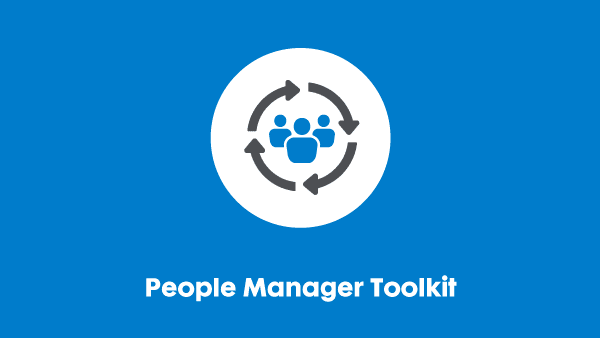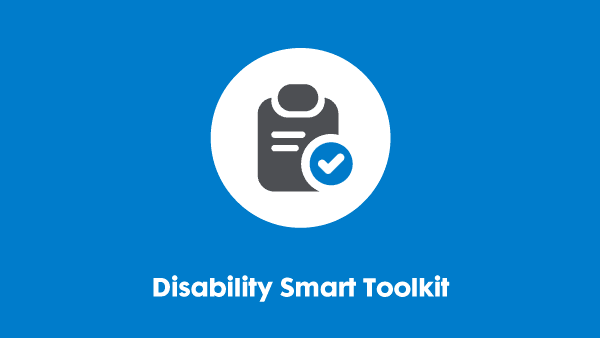Last updated: 11 August 2025
Adjustments passports
Adjustments passports, disability passports, workplace support plans, health passports, tailored adjustment plans, adjustments planners. Whatever you call them, there are many, and their use is increasing. Many workplaces, student settings, and impairment-specific organisations also produce their own. This means employers could potentially be presented with any of an increasing number of these types of documents and, as a result, students frequently report they can have up to four at any one time.
On this page, we share our research and advice on the law and use of passports and planners.
There are three main types of passports or planners
- Workplace passports – often developed by employers themselves to record and support conversation between managers and employees while an employee works in that organisation.
- Transitions – passport to help people plan what adjustments they’d need when moving from one setting to another – for example, from education to employment (the Student Adjustments Planner) or from unemployment due to ill health into employment (the Health Adjustment Passport). These are produced by the UK Government.
- Cross-setting passport – independently produced and are usually in digital or app form. They can be used across organisations (such as the Empowerment Passport) or they can be used in social and customer settings as well as in the workplace (such as the AXS Passport).
Transitions passports: Careers and student advisers – if you do nothing else, learn this
Many disabled people, particularly students, have been told about a transition passport by someone who does not necessarily understand the law that employers must abide by during recruitment – that is, even when a candidate brings up the topic of their disability themselves during the application or interview process, the employer should not discuss it (except in very limited circumstances, which our guidance below explains). In addition, when they come to discuss adjustments after the job has been offered, even then an employer should be focussed on barriers and adjustments, not the nature of the disability someone has.
Therefore, passports that focus on medical details and encourage students to detail their disability in their passport to show a potential employer are setting people up for a difficult situation with employers – that is, when a candidate raises details about their disability, the right response from an employer would be to explain why they cannot discuss it at this stage.
We encourage employers, students, and education providers to read our guidance on this, which you can find here:
- What and Adjustments Planner is and what it’s is for – including who is disabled and what adjustments are
- For employers and disabled students – what the law is on discussing disability before a job has been offered
- Guidance for students – giving an adjustment planner to an employer and their response and key tips
Passports aid a conversation, they don’t replace it
Workplace passports do not remove an employer’s duty to discuss and review an employee’s workplace adjustments. The role of the passport is to help plan for and structure those conversations and record what was agreed. In fact, disabled employees with disability passports told us they were no more likely to have their adjustments discussed or reviewed by the employer than not having it – just 11 per cent of disabled employees said they speak to their manager more since having it in place and 17 per cent of disabled employees who have a passport have their adjustment reviewed less than once per year.
Blogs and articles
Written evidence (2019): Submission to National Institute of Health and Care Excellence (NIHCE) inquiry on workplace passports and sickness absence [DOCX, 142.96 KB]
Blog (2023): Disability passports and adjustment plans – the top 5 things to do (and not do)
Blog (2023): Do disability passports really work?
Podcast (2023): The Society of Occupational Medicine Podcast with BDF on disability passports
If you require this content in a different format, contact enquiries@businessdisabilityforum.org.uk.
© This resource and the information contained therein are subject to copyright and remain the property of the Business Disability Forum. They are for reference only and must not be copied or distributed without prior permission.


